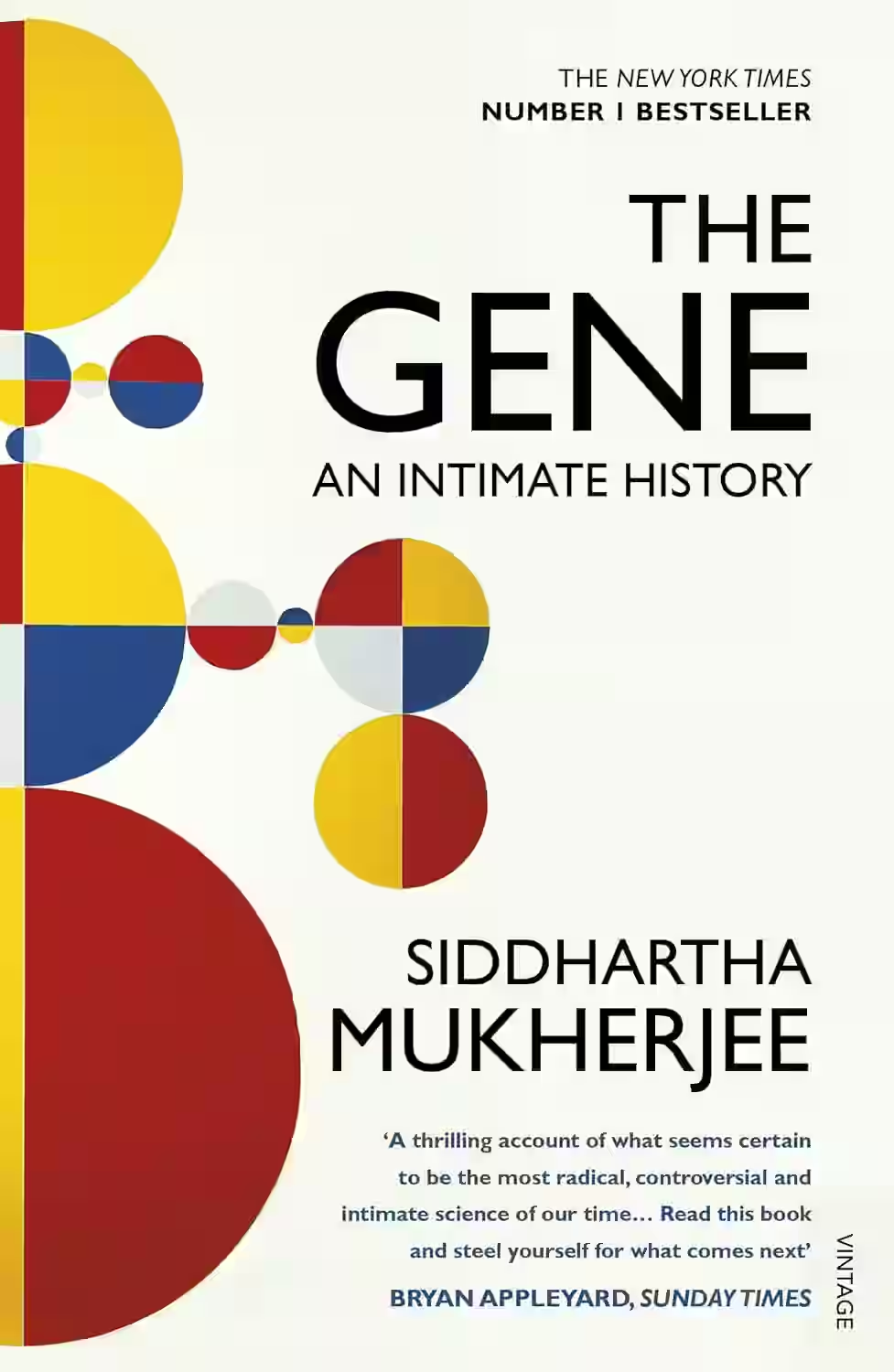
In The Gene, Siddhartha Mukherjee traces the history of genetic science, weaving together personal stories, scientific milestones, and ethical dilemmas. From Mendel’s pea plants to the Human Genome Project, the book explores how our understanding of heredity has evolved and what it means for the future of medicine and identity. Mukherjee, an oncologist and researcher, brings clarity and humanity to complex topics, making the science both accessible and emotionally resonant. The book also examines the dark side of genetics, including eugenics and discrimination. The Gene is a masterful blend of biography, science writing, and philosophical reflection.
About Siddhartha Mukherjee
Siddhartha Mukherjee is an Indian-American physician, oncologist, and Pulitzer Prize–winning author known for making complex scientific subjects accessible and compelling. His debut book, The Emperor of All Maladies, won the Pulitzer and redefined the cancer biography genre. The Gene and The Song of the Cell followed, offering sweeping narratives on genetics and cell biology. A professor at Columbia University and a practicing physician, Mukherjee brings a unique blend of scientific expertise and narrative skill. His work explores not only biology and medicine but also ethics, identity, and the human experience behind science’s biggest questions and breakthroughs.
Other Books by Siddhartha Mukherjee
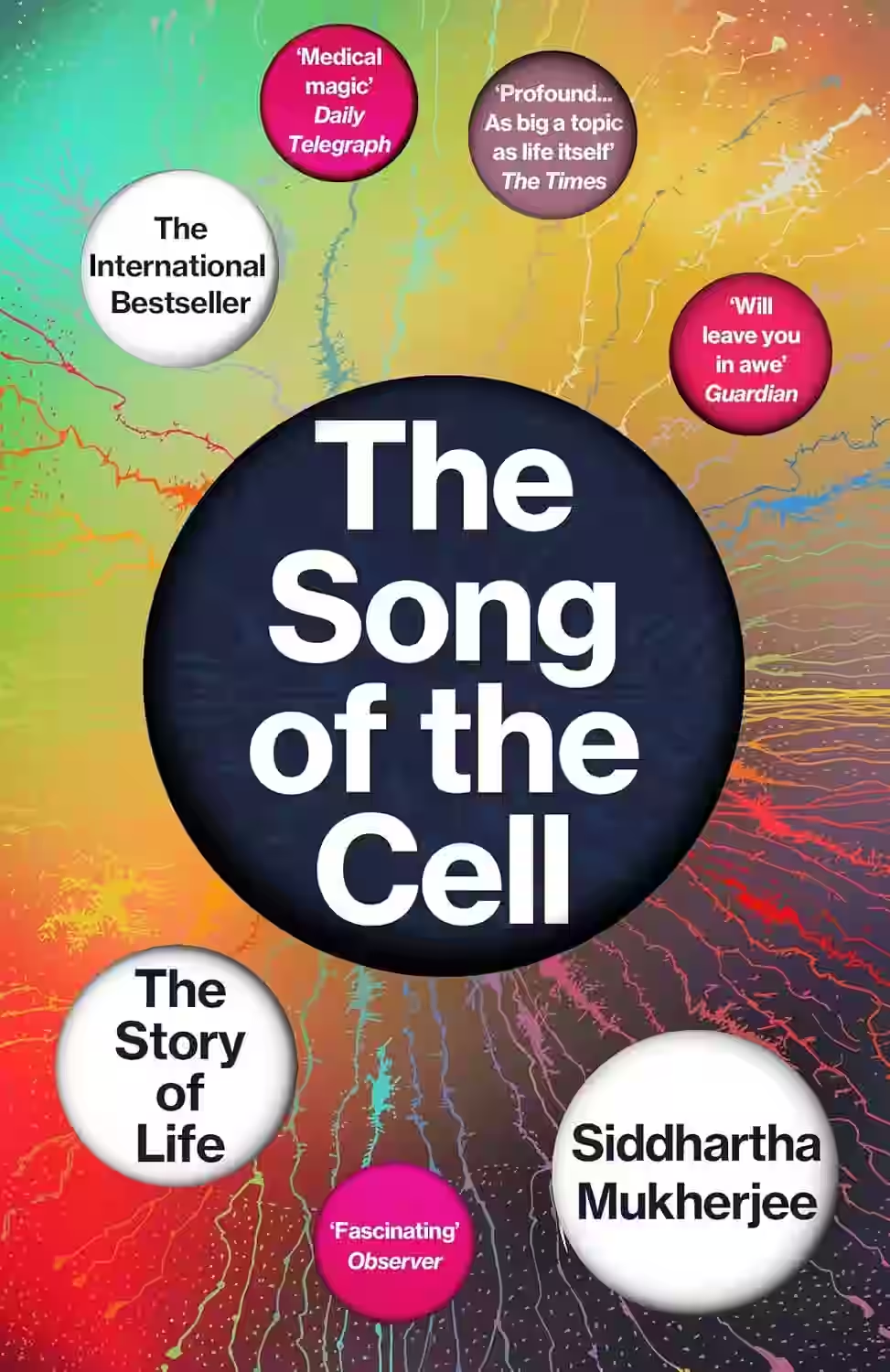
The Song of the Cell
In The Song of the Cell, Pulitzer Prize–winning author and oncologist Siddhartha Mukherjee takes readers on a fascinating journey into the world of cell biology. From the discovery of the cell to cutting-edge developments in regenerative medicine and immunotherapy, Mukherjee explains how our understanding of cells shapes the future of medicine. Blending science, history, and narrative, he makes complex topics accessible without sacrificing depth. The book is both a celebration of scientific discovery and a meditation on what it means to be alive. The Song of the Cell is essential reading for anyone interested in biology, medicine, or the future of health.
Similar Books
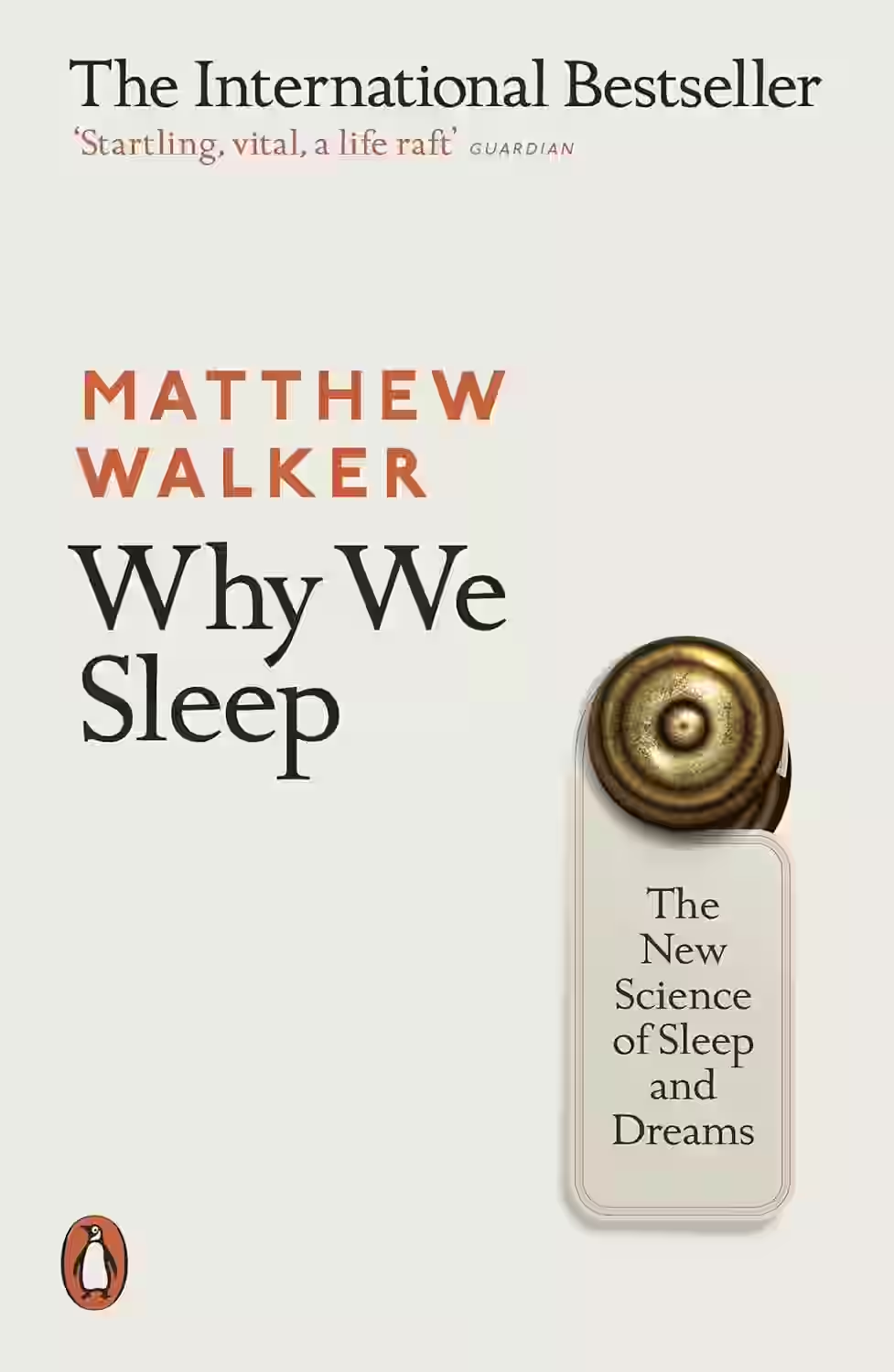
Why We Sleep
In Why We Sleep, neuroscientist Matthew Walker provides a compelling look at the critical role sleep plays in our health and well-being. Backed by cutting-edge science, he explains how sleep affects memory, creativity, immune function, emotional stability, and longevity. Walker also examines the consequences of chronic sleep deprivation and offers practical tips for improving sleep hygiene. Written in accessible language, the book demystifies sleep’s biological purpose and underscores its importance as a pillar of mental and physical health. A wake-up call for modern society, Why We Sleep champions rest as essential, not optional, for a thriving life.
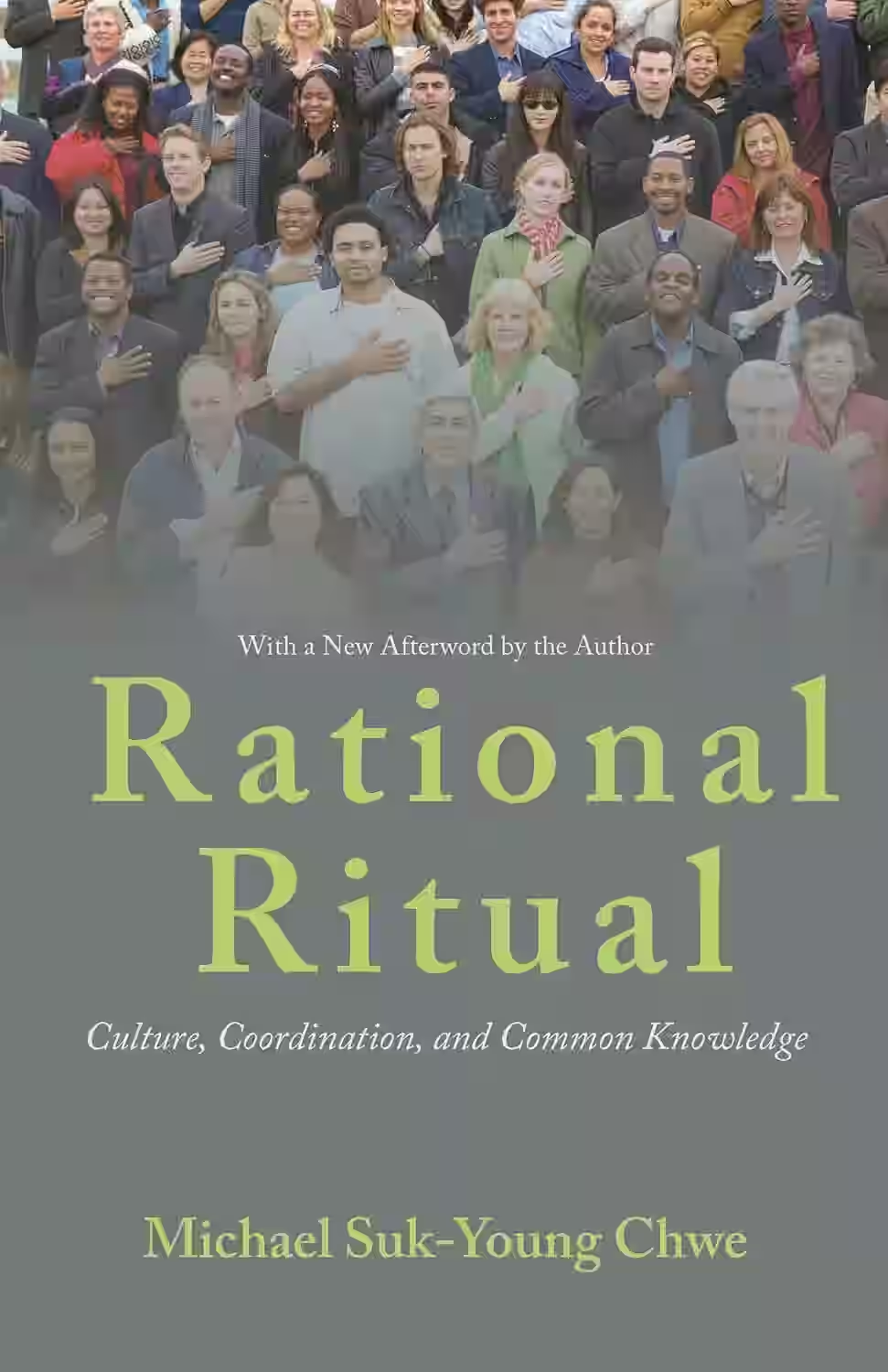
Rational Ritual
Rational Ritual explores how rituals—from presidential inaugurations to sports events—create common knowledge, a shared awareness that everyone knows everyone knows. Chwe, a game theorist, argues that these shared experiences are vital for coordination in society. By applying game theory to cultural rituals, he sheds light on why such practices persist and how they help societies function. The book offers unique insights into advertising, politics, and social networks. Zuckerberg recommended Rational Ritual for its relevance to online platforms, where creating and managing shared experiences is key. It’s an intellectually stimulating read for anyone interested in the intersection of culture and logic.
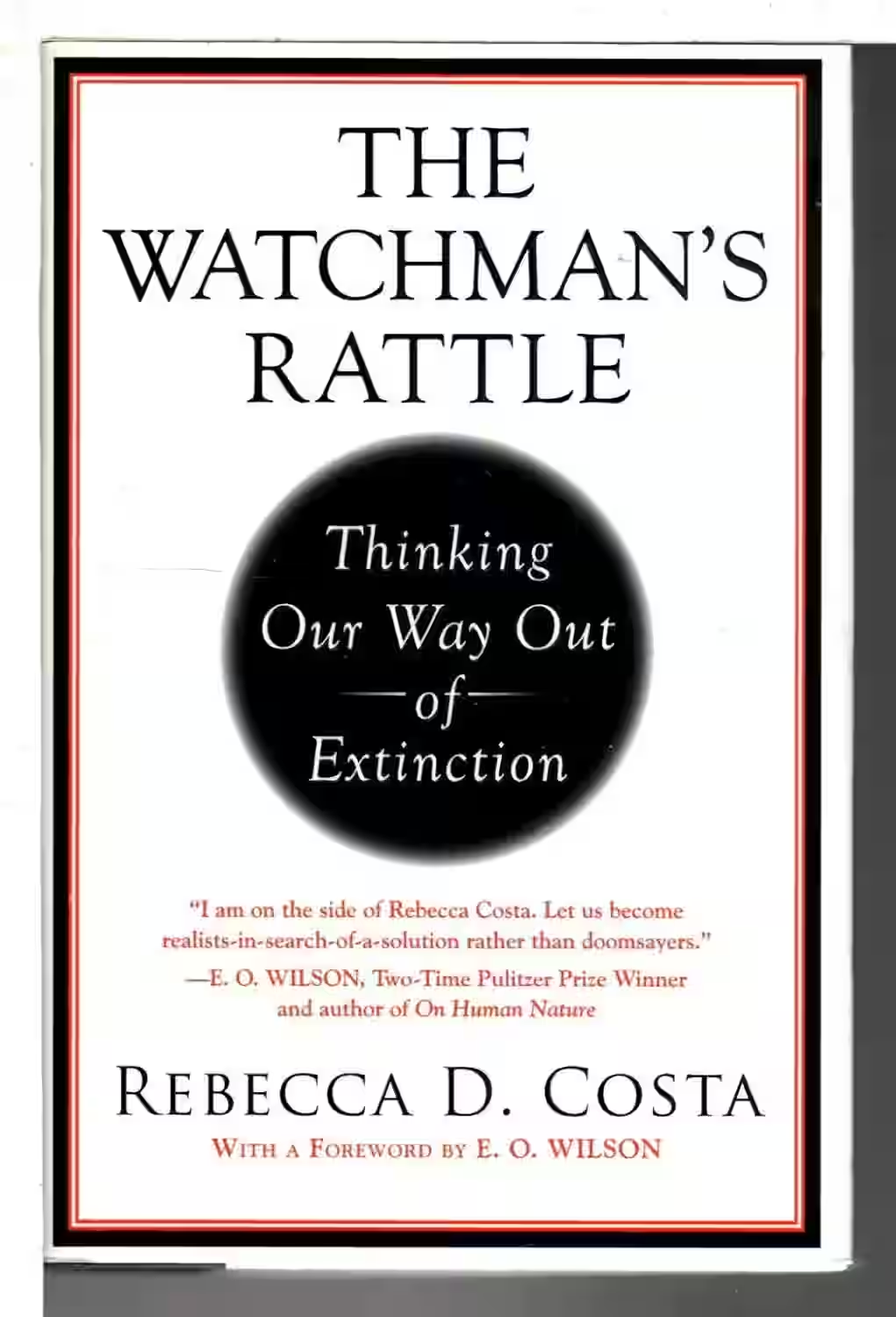
The Watchman's Rattle: Thinking Our Way Out of Extinction
Rebecca Costa’s The Watchman’s Rattle explores how civilizations collapse when complexity outpaces our ability to solve problems. Blending science, history, and psychology, she argues that as global crises become more complex, society risks paralysis unless we evolve our cognitive strategies. Costa introduces the idea of “cognitive threshold,” suggesting we must adopt new ways of thinking—such as intuition and pattern recognition—to survive modern challenges. The book links ancient failures with contemporary threats like climate change and global instability. It’s a call to embrace adaptive thinking before our most pressing problems become unsolvable.
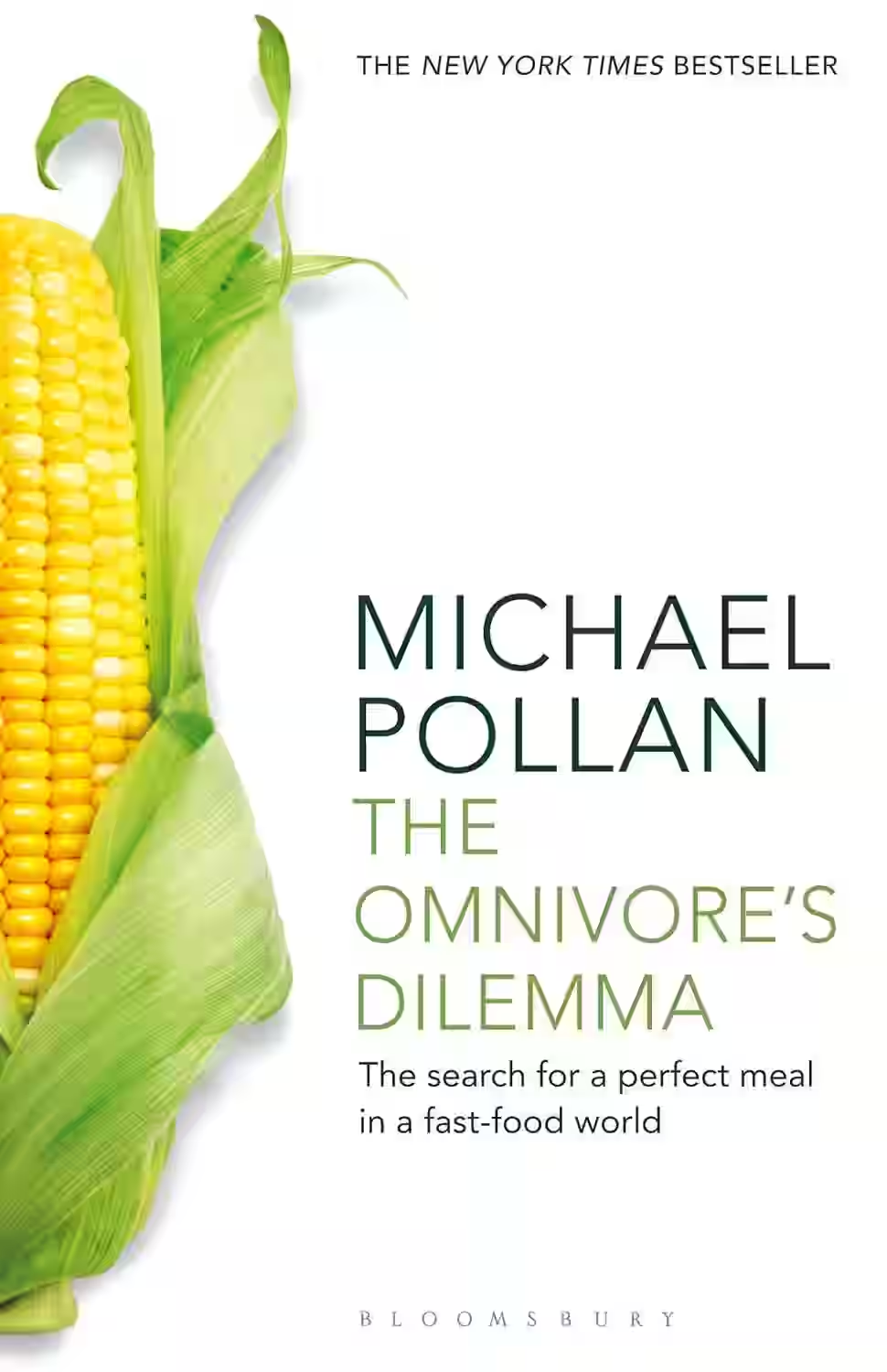
The Omnivore's Dilemma
What shall we have for dinner? Such a simple question has grown to have a very complicated answer. We can eat almost anything nature has to offer, but deciding what we should eat stirs anxiety. Should we choose the organic apple or the conventional? If organic, local or imported? Wild fish or farmed? Low-carb or low-cal? As the American culture of fast food and unlimited choice invades the world, Pollan follows his next meal from land to table, tracing the origin of everything consumed and the implications for ourselves and our planet. His astonishing findings will shock all who care about what they put on their plate.